Department Of Medicine
-

Novel therapeutic target identified for chronic kidney disease
Vanderbilt investigators have discovered a molecular mechanism that promotes chronic kidney disease following kidney injury. Read MoreDec 15, 2022
-
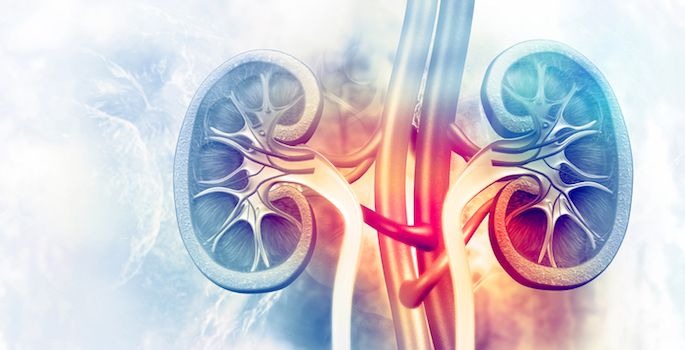
Reduced kidney function may cause cardiovascular disease: study
An international team of investigators has found that mild to moderate reduction in kidney function may cause cardiovascular disease, even in people without symptoms of heart disease or diabetes. Read MoreDec 15, 2022
-
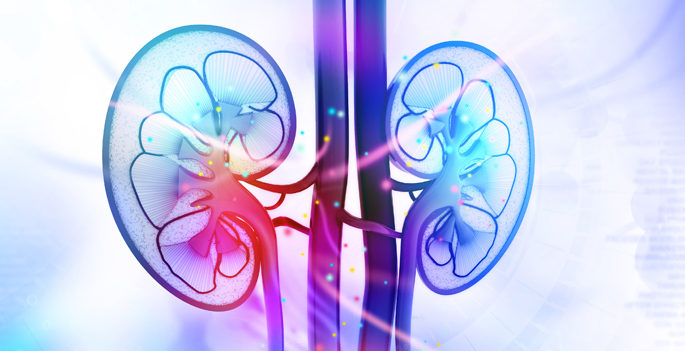
Study supports removing race from estimate of kidney function
An in-depth analysis by Vanderbilt investigators of published research studies supports removing race from the calculation of estimated glomerular filtration rate (eGFR) — an assessment of kidney function. Read MoreNov 17, 2022
-

Hawiger still blazing a trail in inflammation research
Vanderbilt research describes a new investigational peptide drug that can penetrate immune and nonimmune cells, and block inflammatory signaling in a preclinical model of atopic dermatitis — eczema. Read MoreNov 10, 2022
-

Study sheds light on the development of inflammation, high blood pressure and resulting kidney damage.
Researchers at Vanderbilt University Medical Center have found that the change in a single letter of the genetic code promotes, in a mouse model, the development of inflammation, high blood pressure and resulting kidney damage. Read MoreOct 20, 2022
-
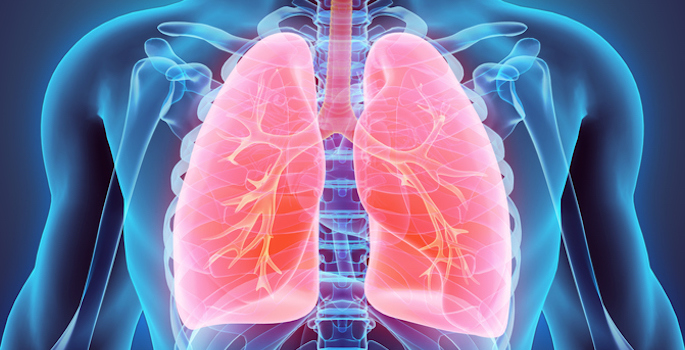
Policy, resources crucial for lung cancer screening: study
Vanderbilt reseach shows that resources for lung cancer screening programs increased the number of veterans screened. Read MoreSep 29, 2022
-

Colon cancer researchers awarded NCI grant for study of early lesions
Vanderbilt researchers are studying precancerous lesions and early cancers in the colon, with the goal of developing new ways to prevent colorectal cancer, the nation’s second leading cancer killer. Read MoreSep 22, 2022
-
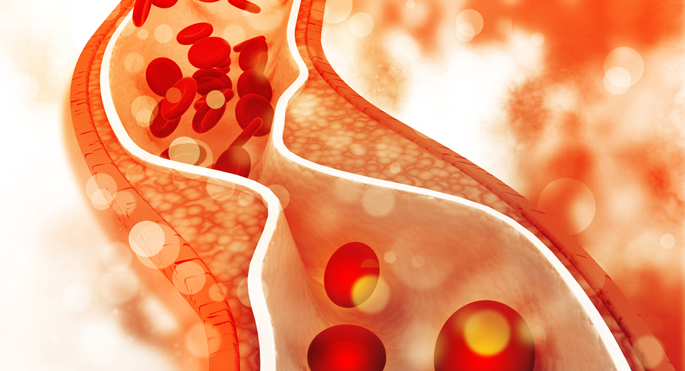
Study suggests new mechanism for lipid transporter
A new model suggests that a protein involved in the generation of high-density lipoprotein (HDL) works differently than previously thought. Read MoreSep 15, 2022
-
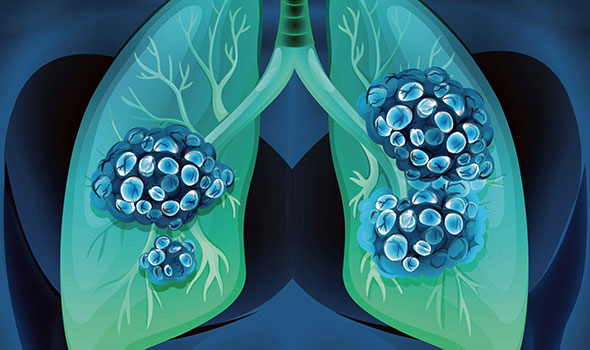
Study reveals need for matching targeted therapies with EGFR subtypes
A Vanderbilt study suggests that clinicians should take a deeper dive into distinguishing EGFR mutations when prescribing targeted therapies for non-small-cell lung cancers. Read MoreJul 28, 2022
-

Study sheds light on the dark side of obesity
Vanderbilt research that promotes the anti-inflammatory pathway in macrophages could also reduce some of the bad side effects of obesity. Read MoreMay 12, 2022
-

Studies combine genetic testing, electronic health records to find undiagnosed diseases
Combining genetic testing with information from electronic health records revealed undiagnosed heart rhythm disorders and new conditions associated with inherited cancer gene mutations. Read MoreApr 28, 2022
-

High blood pressure genes improve heart surgery survival in children
Vanderbilt researchers have found that children with a genetic makeup that predicts high blood pressure as adults are more likely to survive congenital heart defect repair surgery. Read MoreMar 24, 2022
-

Invasive strep can defy zinc toxicity
Vanderbilt researchers find that invasive Group B Streptococcus strains, a significant risk to pregnant patients and infants, can grow in presence of toxic zinc levels. Read MoreFeb 28, 2022
-

Gene variants increase risk of kidney failure in Black veterans with COVID-19: study
Gene variants increased the risk of acute kidney injury and death in veterans of African ancestry who were hospitalized with COVID-19, possibly explaining some health disparities associated with COVID-19. Read MoreFeb 10, 2022
-

VUMC study raises hope for improving treatment of kidney disease
Vanderbilt research has revealed an important mechanism in the kidney by which a cell surface receptor known as DDR1 fans the flames of inflammation and fibrosis that ultimately lead to kidney failure. Read MoreFeb 2, 2022
-

Accelerating podocyte production
A new method developed by Vanderbilt researchers to generate kidney cells from stem cells offers a faster and less expensive way to make these valuable tools for studying kidney diseases. Read MoreFeb 1, 2022
-

Impact of digital health interventions
Vanderbilt researchers test and recommend statistical approaches to study the association between engagement with digital health interventions and clinical outcomes. Read MoreJan 31, 2022
-

Ensuring the “best possible” medication history
About 80% of hospital admission electronic records were missing a drug prescribed to an older adult, Vanderbilt researchers found, highlighting the need for a multipronged approach to address medication discrepancies and support safe prescribing practices. Read MoreJan 18, 2022
-

H. pylori, lipid loss and stomach cancer
H. pylori infection — a strong risk factor for stomach cancer — changes the composition of stomach lipids, which could offer new biomarkers for detecting premalignant changes, Vanderbilt researchers discovered. Read MoreJan 17, 2022
-

The role of integrins in kidney “integrity”
Receptors called integrins play a critical role in maintaining the structure of the kidney, Vanderbilt researchers have discovered. Read MoreJan 13, 2022